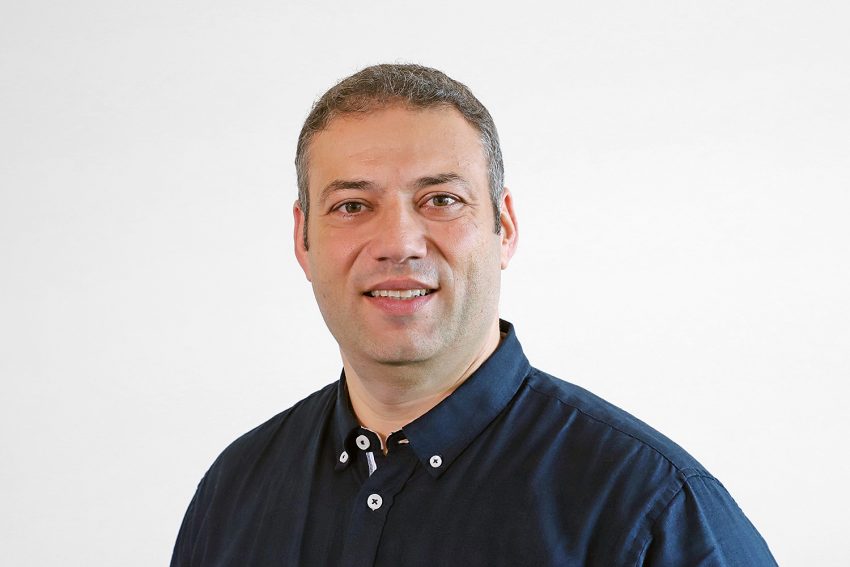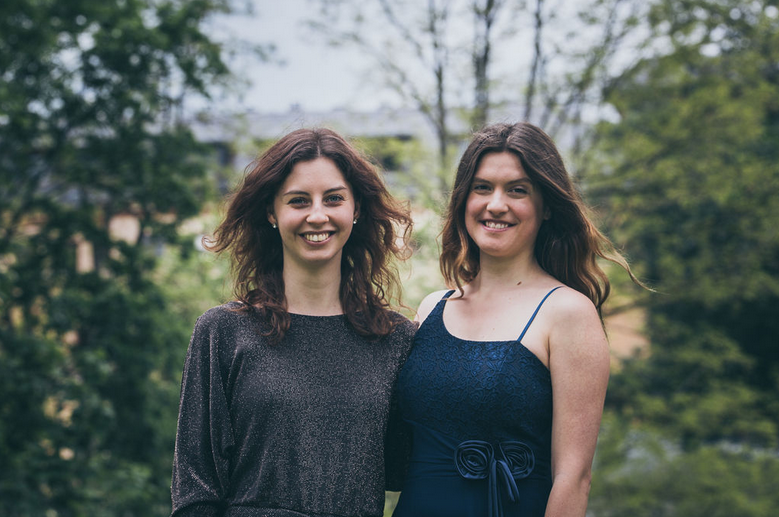Digital Semester Abroad Studying in the world from home

Francesco Ducatelli. Photo by: Kristina Rottig/TU Braunschweig
Out of the comfort zone, into adventure. Getting to know new cultures, countries and people and gaining lots of experience along the way. Semesters abroad offer all this and much more. This is why they are so popular with students at TU Braunschweig.
“Before the pandemic, an estimated five to ten percent of all students per semester went abroad in Europe within the framework of our Erasmus+ programme alone. On top of that, there are the students who have gone overseas,” says Francesco Ducatelli, Erasmus+ university coordinator of the university.
A new kind of mobility
However, the possibilities to travel have been severely limited since the beginning of the pandemic. Many universities around the world have suspended and are still suspending their face-to-face teaching, at least in part. As a result, more and more students at TU Braunschweig are resorting to new forms of studying abroad, often referred to as mobility, in order to prevent them from cancelling their stays entirely. This is called virtual and hybrid mobility. While virtual mobility refers to a semester abroad that is exclusively spent online, hybrid mobility is a mixture of virtual and physical presence on site.

Psychology students Nina Lutze (left) and Vivien Schulz (right). Photo by: Vivien Schulz/TU Braunschweig
For psychology students Nina Lutze and Vivien Schulz, the answer was virtual mobility. “My semester abroad was actually supposed to start last August and was then postponed for the time being,” Schulz reports. Her goal was to spend six months at the Universidad Andrés Bello (UNAB) in Chile. It was not clear for a long time whether she would be able to start her stay abroad at all. “I was finally offered the opportunity to start my studies at UNAB online starting in March, and I took the opportunity.”
“It was similar for me,” Lutze recalls. “At some point, I just didn’t want to put off my semester abroad any longer, so I started attending the events at the Université Nice Sophia Antipolis in France digitally in January.” It was a decision that neither of them regrets to this day.
Different format, different experiences
“Naturally, it was very different from what you would expect a semester abroad to be like. There were a few challenges due to initial technical difficulties and the time difference. In addition, I wasn’t able to make as many contacts as I had hoped,” Schulz sums up. “Nevertheless, it was definitely worth it. Everyone tried very hard to make the best of the situation. There were events in the evening, like Zoom parties, where you could talk to others. We were always encouraged to network digitally. Both linguistically and subject-wise, I took a lot away from it.”
“That’s true,” confirms Lutze. “I was even given the opportunity to study in presence for a while, but I deliberately decided against it. After all, there were advantages to choosing this option. For example, I didn’t have to worry about accommodation, I could continue to see my friends and family, and I could start working on my Bachelor’s thesis at the same time.”
New Erasmus+ Programme from 2021
Francesco Ducatelli sees great potential in these new formats: “For some students, a semester abroad completely on site is not an option for any number of reasons. If there is still a desire for intercultural experience, virtual or hybrid mobility can be great alternatives. Therefore, we are glad that both forms will become an integral part of the new Erasmus+ programme generation as of the academic year 2021/22.”
Students of TU Braunschweig who are interested in a stay abroad can get advice at the International House. An overview of all the advisory services offered by the International House can be found here. The next information event on the topic of studying in Europe with Erasmus will take place on 07 July. On the same day, there will also be an applicant workshop for overseas exchange programmes.
